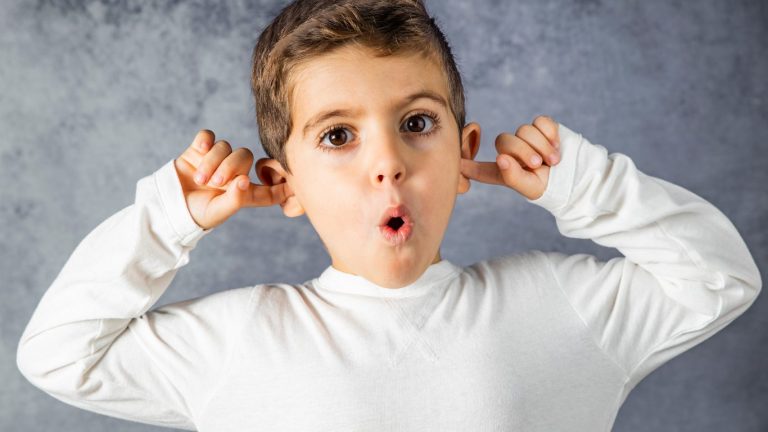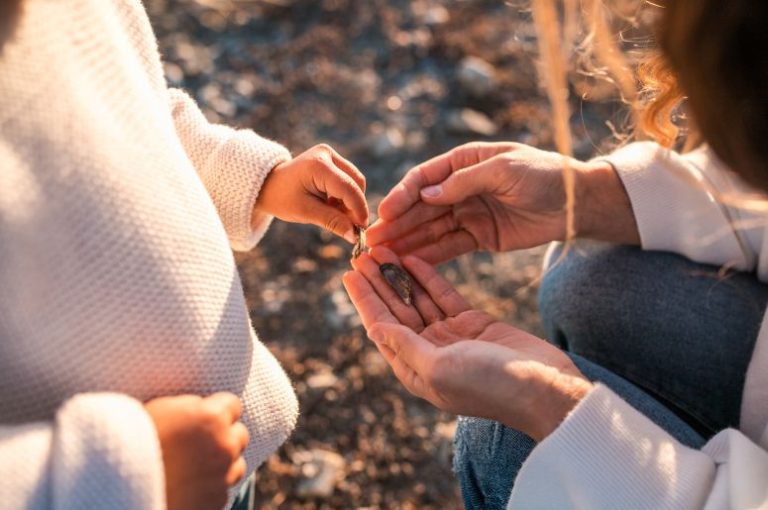There is no denying the level of emotions that accompany biting. Whether your child is biting or being bitten, the emotions can be intense. If you find yourself thinking how do you stop your toddler from biting, you are not alone!
Here’s a really important point: biting is a very common behaviour and part and parcel of many toddlers’ development.
A child who bites is not destined for prison, is not a ‘bully’, and doesn’t have atrocious, neglectful parents. They do NOT need to be punished and humiliated and certainly do not need us to be angry at them, or to be ostracised by their community.
Remember, we are talking about young children, with a very small amount of experience here on earth. Their intentions are a far cry away from being malicious.
So the question remains, why do toddlers bite?
Let’s take a look at why. Toddlers may bite to cope with challenges and/or to fulfil a need. These may include:
- Lack of language skills, “I want to play but don’t know how”
- Lack of impulse control and ability to regulate themselves (their brains are immature)
- They are frustrated “I really want a turn with that toy” “I want to be left alone”
- They are stressed “I’m overwhelmed today”
- Gender (boys are more likely to bite than girls)
- Teething (they may be in pain and biting relieves the pain of their sore gums)
- Mixed messages (they may bite their siblings or parents at home and they may think it is funny!)
- They are hungry or tired
- Their biting gains them lots of attention! (biting is a way of getting noticed – even if the attention is negative)
- They are attempting to show affection but don’t know how
- Imitation – they may see another child bite and copy them
- Curiosity “What will happen if?” “What reaction will I get if I bite?”
- They are exploring their world (young children are wired to receive sensory input from their mouths…it is the most familiar, basic way to explore, process an understand information)
- They are seeking more personal space “Move out of my way”
- They are seeking attention “Someone notice me”
- They may be desiring oral stimulation
- They are overwhelmed by noise, light or the activity level (overstimulated)
How to respond to toddlers who start biting?
First of all, check your own emotional state – turn down the intensity, the anger, shame and remember that biting in a common toddler behaviour.
Parent educator, Janet Lansbury, suggests that over-the-top explanations about how unreasonable biting is with a young toddler is pointless – as their impulses are not reasonable! Here’s some simple, more practical responses:
- React quickly
- Separate the children to keep them safe
- Keep the attention given to the child who bit minimal, keep it matter-of-fact, firm and unemotional “That hurts. I will not let you bite”. This avoids too much attention being gaining by the biting. Too much attention (negative or positive) can reinforce the behaviour and increase biting.
- Attend to the bitten child and apologise on behalf of the other child (role model concern and empathy for the child who was bitten)
- Re-direct the child who bit onto another activity
- If the biting is ongoing, work with your preschool to establish a behaviour plan for your child
What not to do if your toddler has started biting!
- Avoid naming and shaming the child as “The biter!” (Children will live up or down to our labelling)
- Bad mouth the child who is biting and/or their family and/or the preschool
- Bite the child back (this is teaching them to do exactly what you do not want them to do). There is no research that supports biting back reduces biting
- Avoid nagging and forcing your child to say sorry. Apologise on behalf of the child (this is role modelling genuine concern and empathy, rather than forcing an insincere apology)
- Lecture, punish and shame the child – this does not reduce biting
Strategies to prevent biting
Trying your best to understand the underlying cause of the biting will help you develop an effective response and eventually eliminate the biting.
Check your child’s health and wellbeing (ears, throat, sleep patterns).
When biting is ongoing it is time to record and analyse when (what time of the day?), where (where are they when they bite?), and what (what happens after your child bites?) How much attention do they get? Who are they biting?
Your child’s educator can help you to record these observations. From this information you may be able to establish a pattern. Eg. it is happening around 11.30am, before lunch, each day, when your child is in the bathroom washing their hands, with other children around.
If you can work out a pattern, then you can help them to avoid this situation – eg in the example above, let them wash their hands by themselves.
Here’s some further ideas about dealing with general scenarios we see:
- If your child is seeking oral stimulation you could provide healthy (crunchy) food throughout the day or a teething ring/necklace
- If your child does not cope well in crowded situations, avoid these situations, particularly if they are tired and/or hungry
- Role model communication and language skills to help your child get what they want “You want a turn with the truck, you can say ‘Turn please’
- Role model language that expresses their feelings “You look like you are really frustrated now”. “What can we do when we are frustrated?”
- Accept and validate their feelings (let them know we are ok with their feelings) and help your child express and deal with these feelings in a socially appropriate way. “Wow you sure are angry. You could make an angry tiger face and go “Rrraaaahhhhh”
- If your child is trying to play with another child, role model how to ask to join in “Can I play with you please”
- Avoid play-dates, high-stress situations or large crowds if your child is tired and/or overstimulated
- Reinforce the behaviour you like “Wow you used your words to ask for a turn, that’s awesome”
- If your child seems to need alone time or to be out of control you can make a special quiet spot for them to go to cool down and chill out, maybe a bean bag, some squishy balls, snuggly, pillows and books
- Ensure your child is provided with age-appropriate choices throughout their day. Having choices empowers your child and makes them feel more in control of their own life. “Would you like to go to the park or the library today?”
- Ensure that you communicate with your child’s educator on their drop off surrounding your child’s level of well-being each day they attend. Have they had a good night’s sleep? Did they have breakfast? Are they teething?
- If your child seems to be seeking attention ensure they are receiving attention and time throughout the day and that their positive behaviours are being reinforced through encouragement and social reinforcers. This is particularly relevant if your child is moving house, has a new sibling, or other life changes are occurring i.e: parents separating
When should I seek help for a biting toddler?
If your child is still biting regularly once they are 3 years of age, or if the biting is becoming more regular or causing other children significant harm, it may indicate the need for additional support. Talk to your childcare educator to discuss this.





